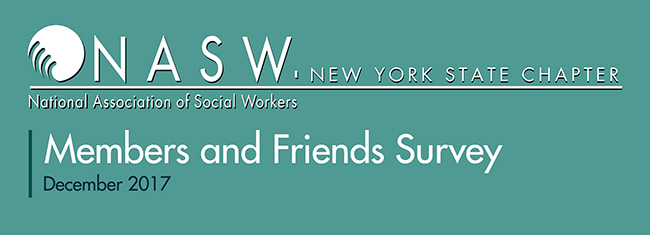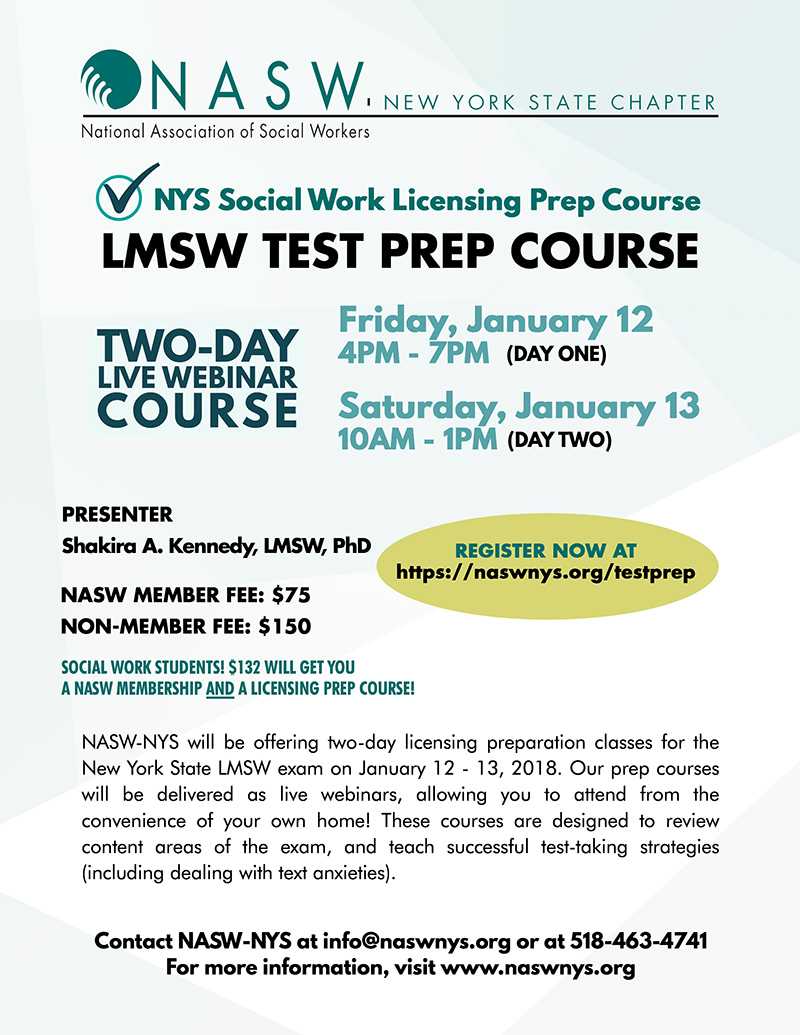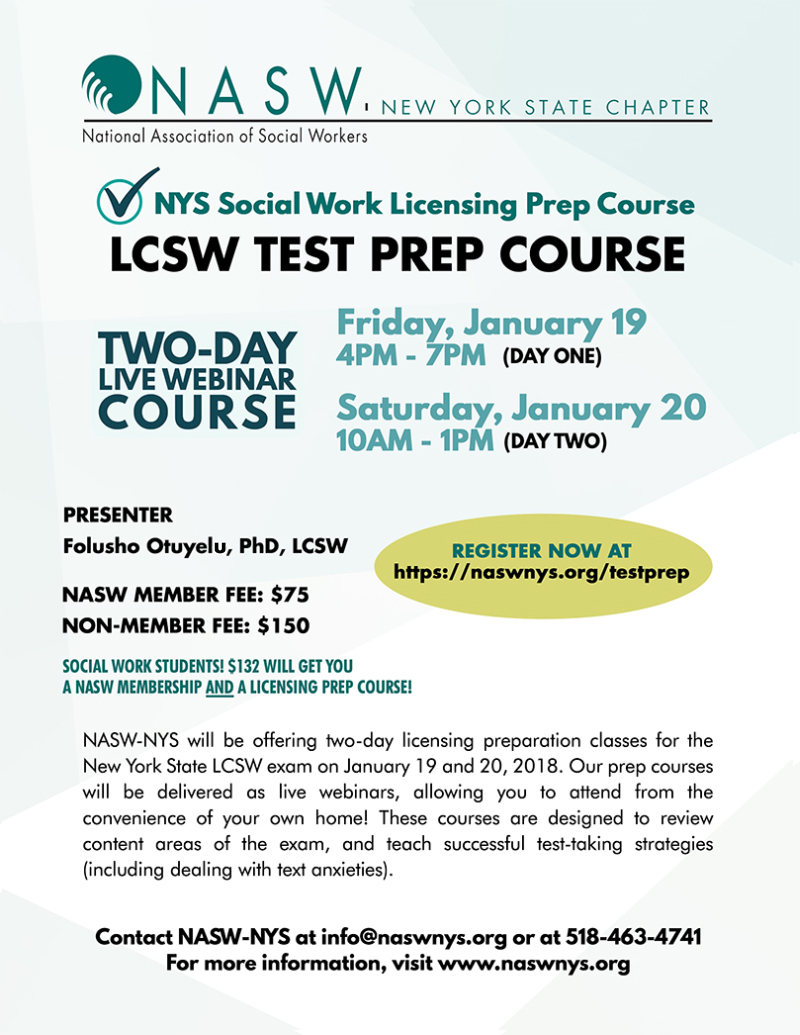Supporting both types of supporters
Licensed health care professionals are seeking to have a voice at Capital
By Matthew Hamilton Published 4:53 pm, Tuesday, November 14, 2017
It was a joyous occasion marked by raucous cheers and effusive thanks.
Gov. Andrew Cuomo appeared in the state Capitol’s War Room in late March to announce to a throng of direct-care advocates that he wouldn’t sign off on a state budget plan that didn’t include $55 million to help boost wages for direct support professionals who work for non-profit providers.
State lawmakers followed through with the money, with plans to pay out over time so the DSPs, as they are known, can receive the kind of raises that providers say are essential to retaining employees as the state $15 minimum wage increase makes other less challenging jobs more enticing.
“What you do you don’t do for money, you can only do for love,” Cuomo told the advocates.
That was one piece of the story for those who work with the mentally and physically disabled.
The direct support professionals — people who work grueling hours with clients whose needs can be vast — are not subject to state licensing and regulation requirements like those in other support roles are. Licensed social workers, speech pathologists, occupational therapists and others face similar challenges in having their voices heard by state policymakers who are pulled in dozens of directions during any given legislative session. Where direct support professionals saw a huge victory in 2017, those who are required to adhere to state licensing procedures are hoping for similar attention in the upcoming 2018 legislative session and state budget process, which has a hard deadline of April 1.
“This is a fundamental social justice-related issue that disproportionately impacts individuals living in poverty and specifically also minority populations,” said Ron Bunce, executive director of the National Association of Social Workers New York State Chapter. “Ensuring that all New York state residents have access to affordable quality mental health care is critical, not only to the individuals but to communities across the state.”
That isn’t to say unlicensed direct support professionals aren’t beneficial for the New Yorkers they serve. In fact, Bob Bellafiore, spokesman for the bfair2directcare coalition of direct support providers, said the money secured for raises in the current state budget will help other behavioral health professionals who work at member non-profits.
“The fair funding we’ll be seeking next year and in the future will help with those professionals,” he said. “Make no mistake: The staffing crisis facing non profits who support people with developmental disabilities is acute, severe, here and now. If it’s not resolved, the costs to the state and the taxpayers will be much higher as these non-profits close and the state needs to expand its own programs to make up the difference.”
From the perspective of licensed professionals, who often command higher salaries, the qualifications that come from degree, experience and testing requirements are key.
“As it stands right now, you have individuals who, although they’re very talented and dedicated, they may or may not be qualified to be providing diagnosis and treatment of mental illness,” Bunce said.
Among the major pushes that NASW has made at the Capitol is to get the state on track with licensing requirements that were first approved by law in 2002. A number of state agencies that deal with the disabled currently are exempt from those requirements.
The cost of hiring staff that meets licensing guidelines presents a financial barrier, Bunce said, adding that those seeking mental health services should be entitled to the same ability to see a licensed practitioner just as those who break an arm would see a licensed medical professional in an emergency room setting.
In the fiscal year 2016-17 state budget, lawmakers and the governor agreed to extend the exemptions until July 1, 2018.
“The purpose of the current exemption is to allow for greater state and local government flexibility in the delivery of services,” documentation supporting the governor’s budget proposal stated. “Since many state-operated and local programs rely on social workers, psychologists, clinical coordinators, and other professionals to perform counseling, psychotherapy, and case management, failure to make the exemption permanent would have a significant negative impact on the delivery of services and may require the State and local governments to lay off professionals who do not meet current licensing standards, and replace them with licensed individuals.”
There are other challenges those in the licensed professions face.
Jeff Tomlinson, the legislative and government relations coordinator for the state Occupational Therapy Association, pointed to changes in reimbursement procedures for occupational therapy services that have left some therapists dealing directly with private insurance providers.
Tomlinson said some providers have dragged their feet on payments, forcing some therapists with smaller practices to reduce their participation in certain health plans.
As such, health coverage debates at the federal level are a significant focus for occupational therapists and other licensed providers. Tomlinson said changes to Medicaid reimbursement or regulation of insurance co-payments could have a profound impact on access to rehabilitation services.
“New York state has been … very strong in supporting Medicaid coverage for rehab and for the Affordable Care Act and the essential health benefits,” he said. “We’re probably in a better position in New York state than most other professions, but if the money starts to disappear, some serious decisions will have to be made.”
Medicare and Medicaid reimbursement for occupational therapy services is key. Tomlinson said somewhere between 15 percent and 20 percent of therapists are receiving private insurance reimbursement.
“Most of it is being done by Medicare and Medicaid,” he said. “That’s how severe the problems are with private insurance coverage for rehab.”
As they seek to be heard in the halls of government, those working in more than 20 licensed health care professions have aligned with each other of late to form what’s known as the Title 8 Coalition, a nod to state Education Law outlining professional regulations. The group formed to push for health care data collection and has since focused on other issues, such as telehealth services, said Jan Dorman, executive director of the state Optometric Association.
“It’s really an opportunity for the Title 8 groups to have a voice collectively,” he said. “It’s very easy in our state for medicine historically to pick off one-by-one all of these groups, and they have been very effective. When you’ve got 15, 20 health professions coming together to discuss ways to improve health care or to change archaic statutes, in numbers there’s strength.”
mhamilton@timesunion.com • 518-454-5449 • @matt_hamilton10
Source: Supporting both types of supporters, Times Union, 11.14.17
http://www.timesunion.com/living/article/Supporting-both-types-of-supporters-12357179.php






